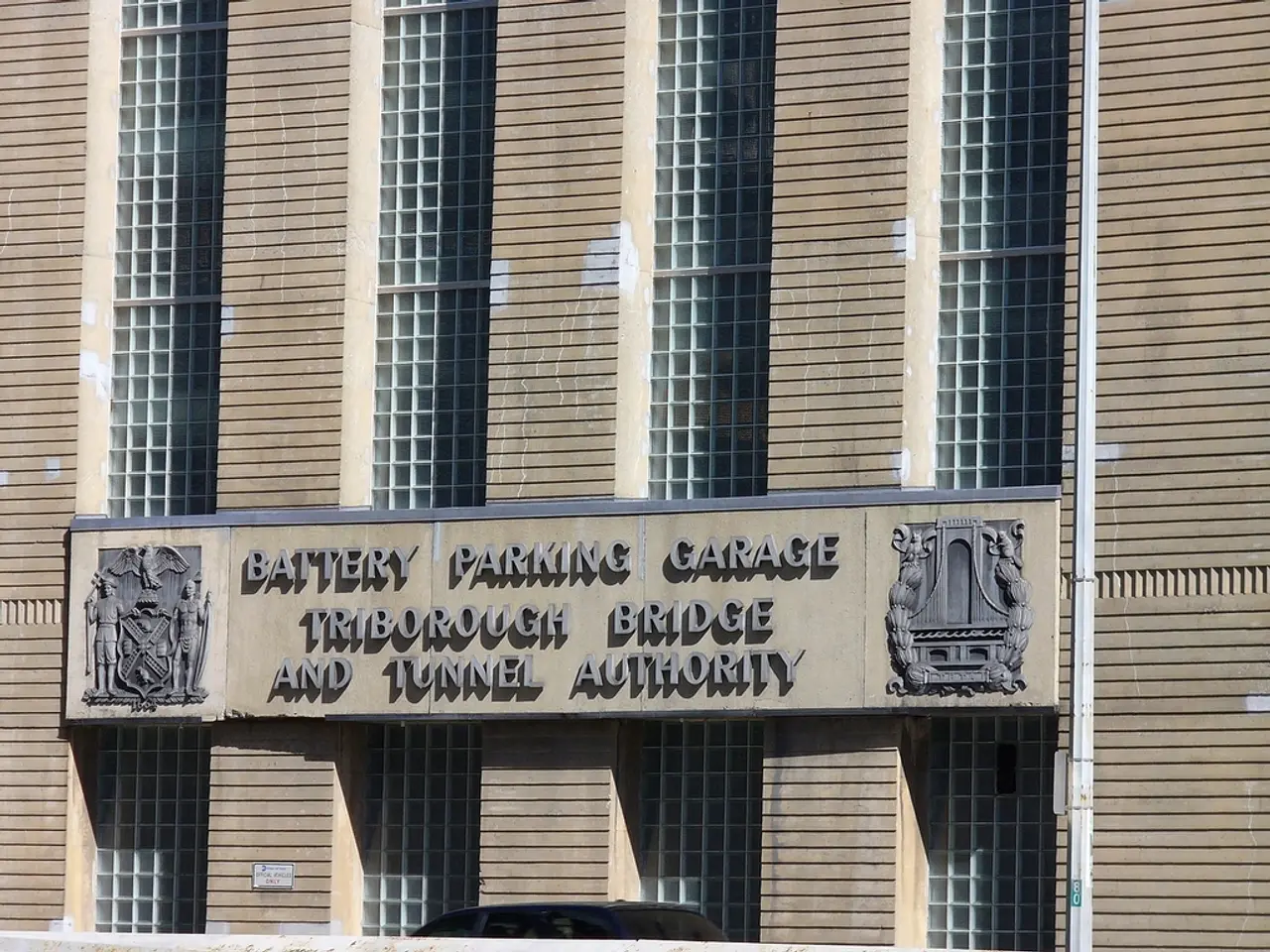Grammer Takes Advantage of Planning Loophole to Secure Home Extension Approval
Chaotic History Unfolding:
Kelsey Grammer's curious demolition saga just won't die down! The controversial actor, along with his wife, Kayte Walsh, have managed to get the green light to knock down their historic property, dating back to the post-medieval era.
North Somerset Council initially refused to extend the 1840s building due to various concerns, but Grammer and his wife pulled a clever move. They submitted a new application under Part 11, Class B of the Town and Country Planning Order 2015 - a sneaky loophole that grants demolition permission without requiring a full-blown planning application.
This move has sparked furious debate in the local community, with concerned neighbors fearing the loss of an important piece of local history. They've described this as a mere "planning technicality."
A Twist in the Tale
Earlier this year, the Grammers tried to remodel the property, including demolishing existing extensions, building a large two-story addition, and altering access to the site. Their plan was promptly rejected due to reasons like inappropriate development within the Green Belt, harm to the historic character of the cottage, and potential highway safety issues.
Undeterred, the couple returned with a new strategy, employing the said planning loophole. This loophole only concerns the method of demolition and site restoration, neatly bypassing the initial objections. The local authority decided prior approval was not necessary, freeing the way for the demolition of the historic building.
Heritage at Stake
Squires Cottage, though not officially listed, is considered a non-designated heritage asset. This cottage is one of the oldest buildings in the area, visible on 1840s tithe maps, and holds significant local historical value. Its proximity to Walton Common's Iron Age hillfort adds to its archaeological importance.
The Conservation & Heritage Officer raised serious concerns about the potential impact of the development. The demolition and planned extensions were deemed harmful to the historical value of the cottage as well as the visual landscape surrounding it. These concerns, however, couldn't stop the demolition since the new work qualified for permitted development rights.
A Community Divided
The community is deeply divided over the issue. One local resident expressed, "It's disheartening to see a historic building being erased because of a loophole." Another said, "The cottage may be old and in need of repair, but that doesn't mean it should be bulldozed for convenience."
The Walton-in-Gordano Parish Council also raised objections, stating, "Losing this cottage would be like wiping a page from our history." Yet, a council spokesperson clarified, "This type of application is governed by specific technical regulations which do not allow for usual considerations of heritage value or broader community concerns."
The batteries are charged, and the battle rages on. We'll see who comes out on top in this tumultuous tussle over history and technicalities! 🤐💣🤥
Enrichment Data:
- Part 11, Class B of the Town and Country Planning (General Permitted Development) (England) Order 2015 specifically relates to permitted development rights for demolition of buildings and structures. This class allows certain demolition works to proceed without requiring full planning permission, subject to conditions and limitations.
- Prior approval is required under the regulations for demolition permitted under Class B, focusing on the demolition method and site restoration.
- Heritage value or community concerns generally form part of the considerations in granting prior approval for demolition under Class B. However, if the building is listed, located in a conservation area, or part of a protected heritage asset, then permitted development rights do not apply.
- In cases where heritage or community concerns are formally raised in the prior approval process, the local planning authority may refuse or impose conditions on the demolition to protect these interests.
- Demolition while adhering to the permission of an approved development, and if heritage or community obligations are legally met (for example, through planning conditions or Section 106 agreements), then such concerns may be set aside during the approved works.
Sources:[1] Gov.uk[2] Lib Dems[3] Bristol Post
- The Grade II-unlisted Squires Cottage, a non-designated heritage asset and one of the oldest buildings in the area, is at stake due to permitted development rights under Part 11, Class B of the Town and Country Planning Order 2015.
- The local planning authority decided prior approval was not necessary for the demolition of Squires Cottage, granting the Grammers the freedom to proceed despite concerns about the historical value of the cottage and the visual landscape.
- The Conservation & Heritage Officer raised serious concerns about the potential impact of the development on the historical value of Squires Cottage.
- Community members fear the loss of an important piece of local history due to a loophole in the planning laws allowing demolition without a full-blown planning application.
- To bypass initial objections, the couple employed the planning loophole concerning demolition and site restoration under Class B of the Town and Country Planning Order 2015.
- In the ongoing battle over history and technicalities, local residents express dismay at seeing a historic building being demolished due to a planning technicality, while council spokespersons clarify that this type of application is governed by specific regulations that do not allow for usual considerations of heritage value or broader community concerns.




